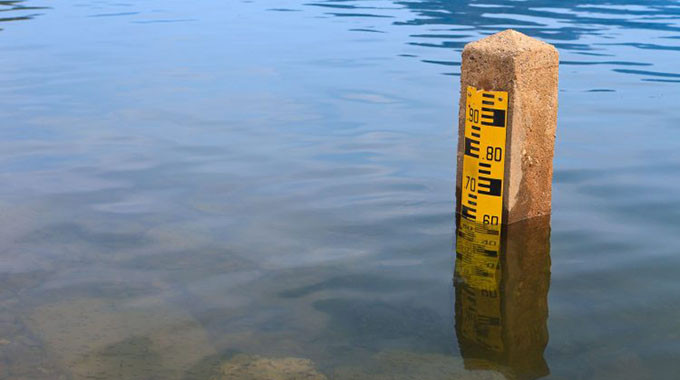
Construction of the US$350 million Muda-Nyatsime Dam and waterworks hangs in the balance amid concerns that the project is being delayed by government’s bureaucratic bottlenecks.
The project was given the thumps up over a year after the then Ministry of Agriculture, Lands and Water Resources held a water conference and issued an open international tender for the construction of approximately 23 dams around the country in 2018.
A Tunisian-registered consortium named Hidrotehenika Oversees put forward an expression of interest for a fully funded build and transfer scheme for the construction of the dam and related waterworks.
According to sources, the 78-year-old Hidrotehenika Overseas, which has constructed more than 80 large dams around the world including highways and electrical power stations, was raring to embark on the project.
Hidrotehenika built the Kafue Gorge in Zambia in the 1960s while in Tunisia they constructed about 11 dams to date, with another six in Algeria including the Kale and Grand Chutes dams in Gambia.
The Muda-Nyatsime Dam project would have the capacity to supply water to the whole of Chitungwiza, Beatrice and nearby surrounding industries and has been on the Zimbabwe National Water Authority (Zinwa) plans since 1988.
The Chitungwiza Municipality, which also called for a water conference in the dormitory town last week, has approached the government after failing to provide enough water for the residents and ratepayers.
Finance, Economic Development and Investment Promotions George Guvamatanga secretary in May last year acknowledged the project.
- Over 115 to exhibit at Mine Entra
- Young entrepreneur dreams big
- Econet bemoans power outages
- Govt opens ChiTown e-passport centre
Keep Reading
“Treasury is in receipt of the project documents for the Muda-Nyatsime Dam project documents including the feasibility study and other supporting letters.
“Treasury is in support of the project to alleviate the water and energy crisis in Chitungwiza and the surrounding areas,” Guvamatanga wrote in a memo to the then Agriculture secretary John Bhasera.
The project has, however, stalled sources privy to the transaction indicating that Hidrotehenika have been through rigorous due diligence processes firstly with Zinwa, then the Zimbabwe Investment Development Agency and finally the Finance ministry to establish the authenticity of the bankers and availability of the funding.
“The Ministry of Finance, having been satisfied with the outcome of their debt mobilisation departments’ due diligence process, issued a letter to the Ministry of Agriculture confirming its satisfaction with the authenticity of the funders and availability of the US$350 million funding,” an official said.
A representative from Hidrotehenika Overseas also indicated that the Ministry of Lands and Zinwa had the necessary information on the project.
“We have walked this journey with Zinwa for about eight years now. The bureaucracy and red tape have been frustrating and in some cases overwhelming,” the official said.
“We have been in business for over 90 years and built almost 100 dams, we know what it takes to execute a project of the magnitude of the Muda - Nyatsime Dam and waterworks.
“Raising loans or funding for African countries is not easy due to the negative view of defaults in payment and country risks.
“You can imagine how difficult it was for us to raise this US$350 million loan for Africa let alone Zimbabwe.”
“The bank is losing patience and we really do not understand all these delays when both the money and a very capable developer are waiting to implement the project.
“Based on our experience, Zinwa engineering designs and interactions between our engineers and those at Zinwa, we estimate that the dam construction phase will take four years.
“The balance of the works, which include the water treatment plant and distribution infrastructure could be an additional 12 to 16 months.
“Meaning that technically, in 2030, a resident in Chitungwiza will be able to open their kitchen tap and have a glass of clean safe drinking water.”
Chitungwiza has an estimated population of 411 000 and approximately 120 000 households with the dire water supply situation well documented.










